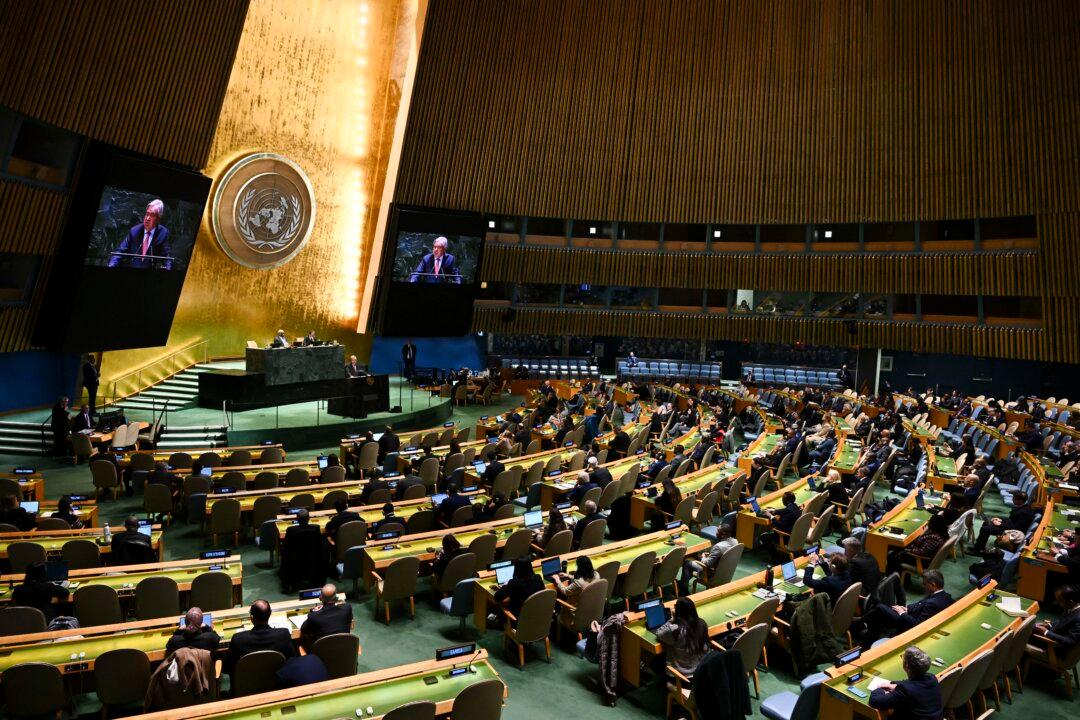In a significant policy shift, President Donald Trump is poised to sign an executive order on Tuesday, effectuating the United States' withdrawal from the United Nations Human Rights Council (UNHRC) and terminating funding for the United Nations Relief and Works Agency for Palestine Refugees in the Near East (UNRWA). This decision aligns with Trump's scheduled meeting with Israeli Prime Minister Benjamin Netanyahu in Washington.
The Trump administration has consistently criticized the UNHRC for what it perceives as a persistent bias against Israel and for providing a platform to nations with questionable human rights records. This move marks a return to policies from Trump's previous term, during which the U.S. exited the council in 2018, citing similar concerns.
Regarding UNRWA, the U.S. had been a principal contributor, providing substantial financial support to the agency responsible for aiding Palestinian refugees across the Middle East. In 2018, the Trump administration ended its funding, labeling the agency as "irredeemably flawed."
The Biden administration had resumed contributions; however, following allegations of UNRWA staff involvement in a Hamas attack on Israel in 2023, funding was once again suspended.Israeli officials have long expressed concerns about UNRWA, accusing it of perpetuating anti-Israel sentiment and harboring ties to terrorist activities. In a recent development, Israel enacted laws unilaterally banning UNRWA operations within its territory and prohibiting Israeli officials from engaging with the agency.
The forthcoming executive order also mandates a review of the U.S. Agency for International Development (USAID) to ensure its alignment with the administration's "America First" policy. This reflects a broader strategy to reassess U.S. involvement in international organizations and foreign aid programs.
Critics argue that withdrawing from the UNHRC and defunding UNRWA could diminish the U.S.'s influence in international human rights discussions and exacerbate humanitarian challenges for Palestinian refugees. Conversely, supporters contend that these actions are necessary to address systemic biases within international bodies and to prevent the misuse of U.S. funds.
This decision underscores the administration's commitment to reevaluating U.S. participation in global institutions, particularly those perceived as counter to American interests or allied nations.


